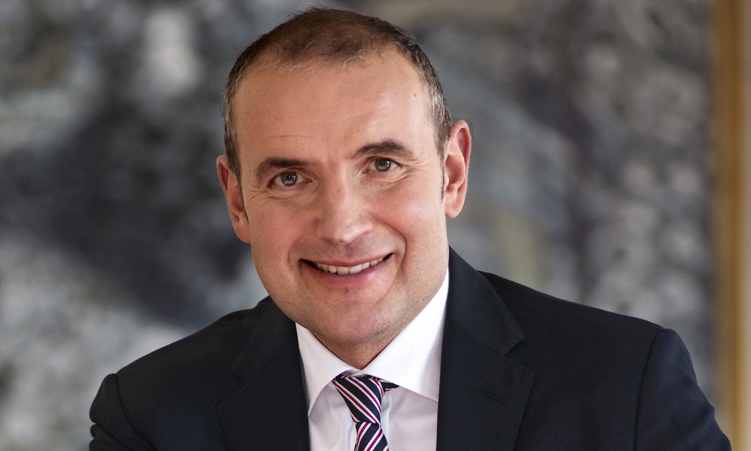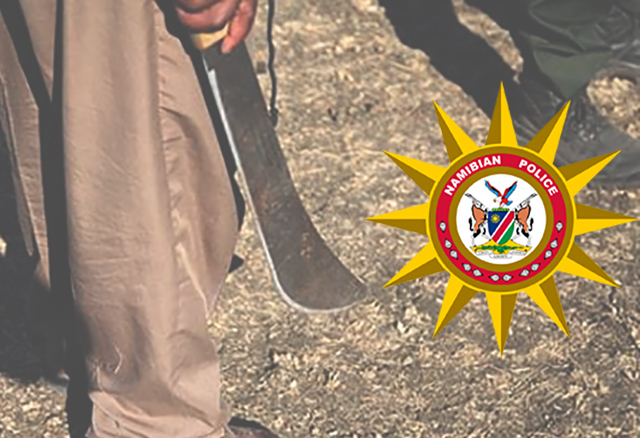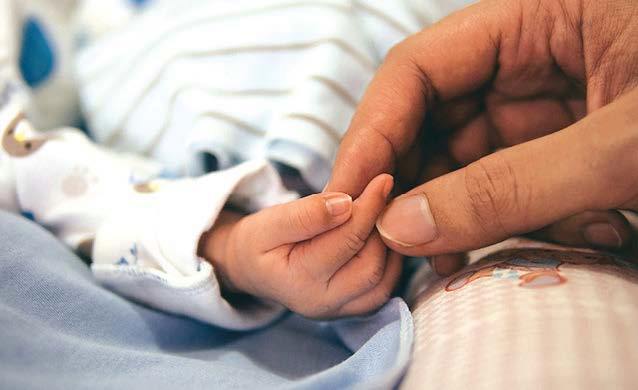Most theorists agree that small states can have an impact in the international arena; that they can ‘punch above their weight’.
How can small states achieve this?
In short: Possessing superior military and economic force cannot guarantee small-power compliance with big-power interests.
However, small states on the rim of an alliance wheel can pursue active, forceful and even obstreperous policies of their own.
Still, some scholars remain pessimistic that small states can influence current events meaningfully.
Realpolitik rules the world, they claim, and point to the often-quoted remark of Thucydides in his history of the Peloponnesian Wars – that the strong do what they want and the weak have to obey.
I will provide some examples of how a small state can indeed play a role on the international stage, focusing on the major challenges to international and regional security through the prism of global competition between democracies and autocracies.
DRIVEN BY THE COMMON GOOD
Iceland is small and we are few. We must avoid the temptation of
overestimating our ability to influence international developments.
Still, we can and should do what we can for the common good of humankind.
There are many things we can do better. Still, much else is in good order.
Iceland is one of the most secure countries in the world, with a high living standard.
We have no army. We have no immediate neighbours threatening us with violence and war.
Still, history tells us that our safety and security depend on the safety and security of others.
We know that as long as the Russian invasion of Ukraine rages, freedom is at risk in the whole of Europe.
PAST AND PRESENT
The date 17 June 1944 ranks among the greatest days in Iceland’s history.
At Thingvellir, where the island’s chieftains founded their parliament some 1 000 years earlier, Iceland declared its independence.
Almost a quarter of the population gathered there to witness the moment we became a fully sovereign republic. The country’s first president was also elected on that day.
In the summer of 1944, Soviet forces captured the Baltic states – Estonia, Latvia and Lithuania.
Three years of Nazi rule came to an end, but decades of Soviet oppression followed.
On 17 June 1994, tens of thousands of Icelanders convened again at Thingvellir to celebrate 50 years of independence.
I was not among the happy crowd. I was in Vilnius.
As a history student, I had decided to write my masters thesis about Iceland’s support for Baltic independence in 1990/1991.
During my visit to Lithuania, I interviewed politicians, statespeople and officials.
They all voiced deep gratitude for Iceland’s support when the Baltic countries were fighting for their rightful place among the world’s free states.
All mentioned the moral support they received when Iceland’s foreign minister visited the three countries during the fateful days of January 1991.
All mentioned the decisive step the government took in August that year when Iceland became the first country to resume diplomatic relations with Estonia, Latvia and Lithuania.
Iceland did not cause the collapse of the Soviet Union, but we were able to offer moral and political support when larger states had bigger fish to fry.
GENDER TRAILBLAZERS
It was also Iceland that, in 1980, elected the first female head of state.
For more than a decade, Iceland has topped the World Economic Forum’s Global Gender Gap Index.
What we know is that the aspiration for gender equality is not only an ethical and human rights issue, but a practical one.
Gender equality benefits everyone. If one half of a population is undervalued and not given an opportunity to show their full potential, the whole community suffers.
The more gender equal a society is, the happier and healthier its people are and the more peaceful and prosperous it can be.
For instance, in our Icelandic Sagas, written in the 12th and 13th centuries, there are stories about women making peace.
They put garments on weapons, literally, preventing or stopping battles.
We may be small, but one can also say this is the exact reason why we were ready to listen to what our sagas tell us and make sure that women have the same opportunities and political representation as men.
WHAT REALLY MATTERS
We often hear autocratic statesmen talk about the honour of their country that must be defended, about the dignity of the people that must be defended – they talk a lot about honour and strength.
Let’s talk about honour and dignity when you have built better schools and hospitals, when people live longer and better lives, when there is less corruption and more human rights, when you strive for peace and prosperity, not war and strife.
Being small may have told us to have fewer aspirations and focus on what really matters.
Maybe this is a major lesson we can teach bigger states.
- • Gudni TH Johannesson is the president of Iceland
– This is an edited transcript of his speech at the Rondeli Security Conference 2024 in Tbilisi last month
Stay informed with The Namibian – your source for credible journalism. Get in-depth reporting and opinions for
only N$85 a month. Invest in journalism, invest in democracy –
Subscribe Now!








